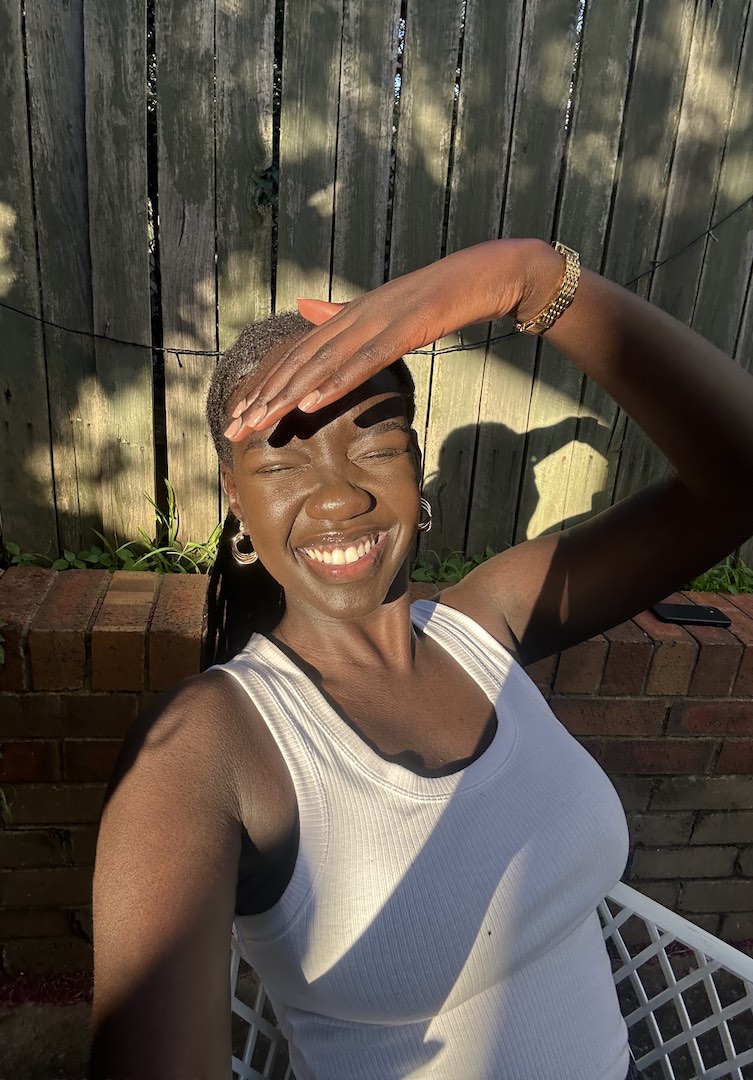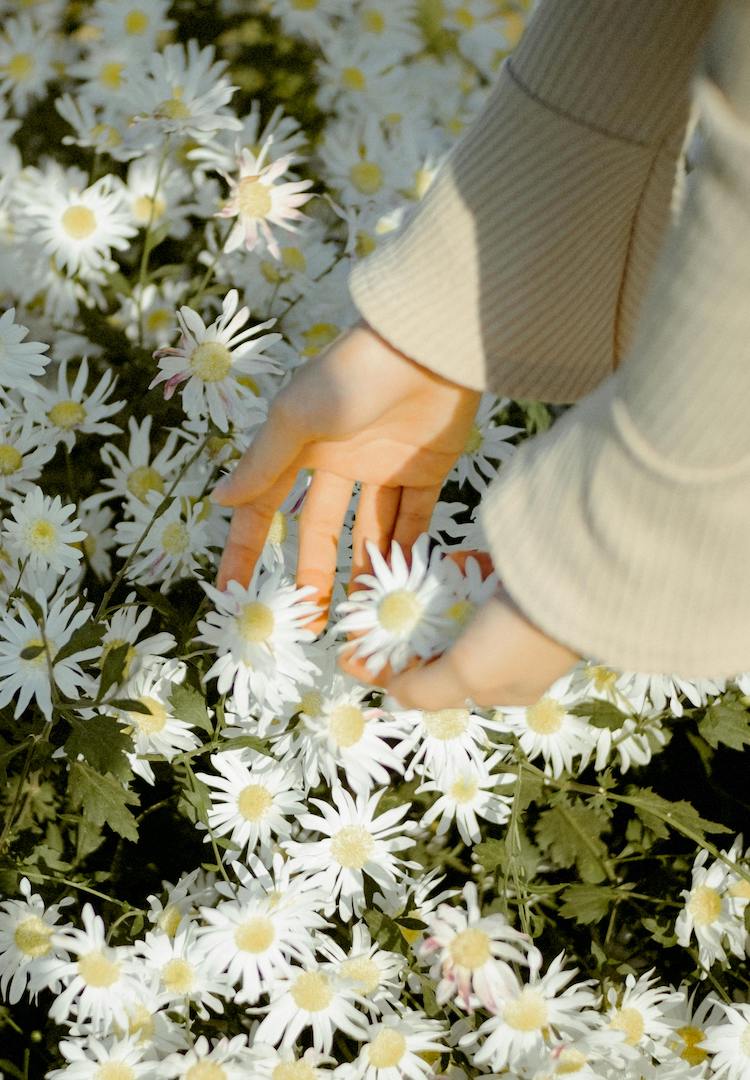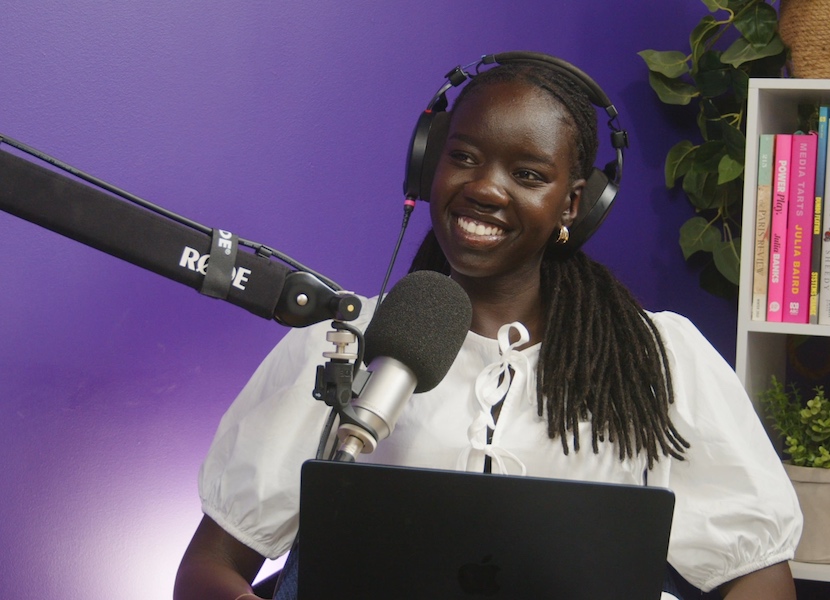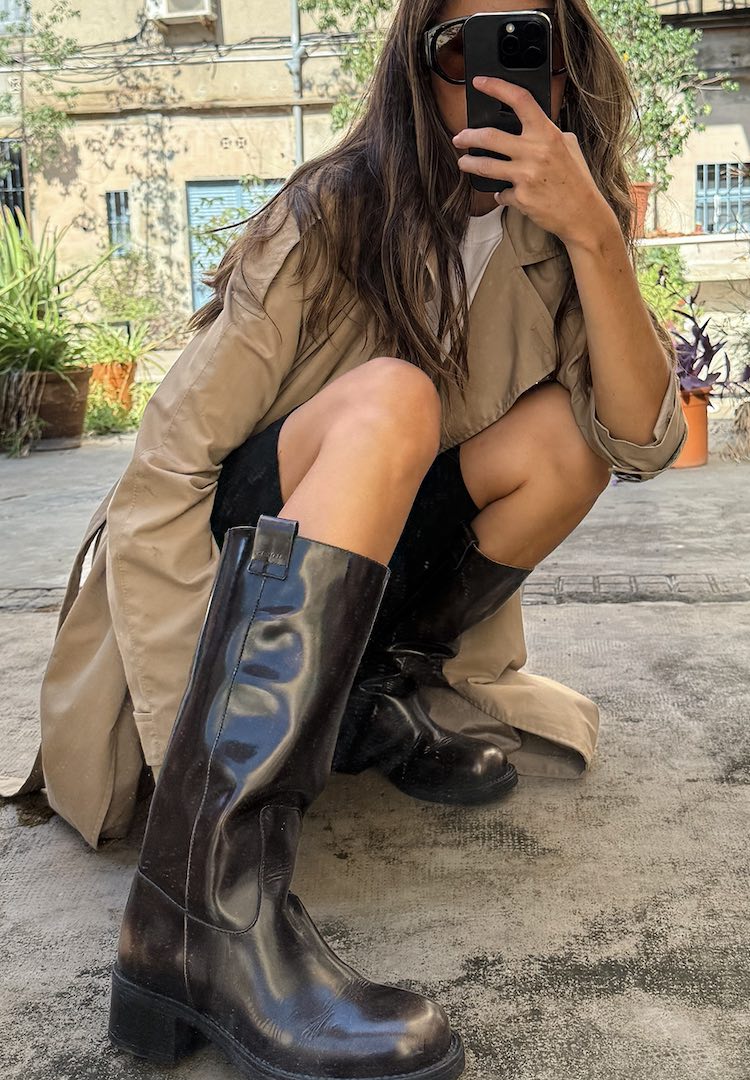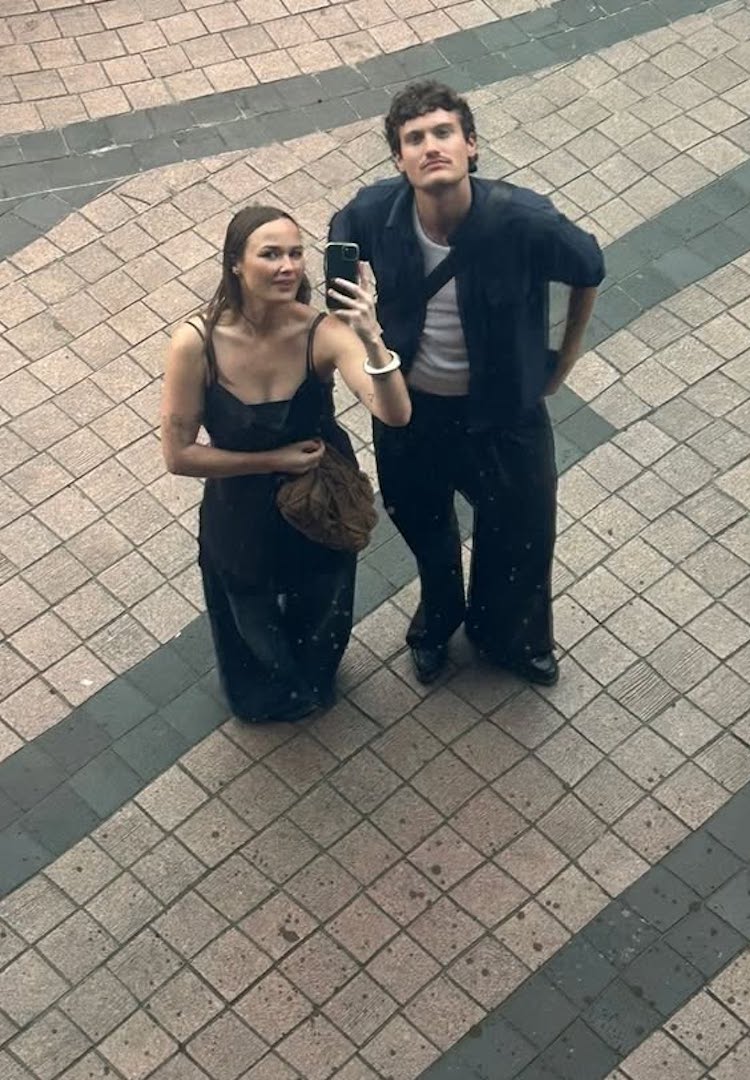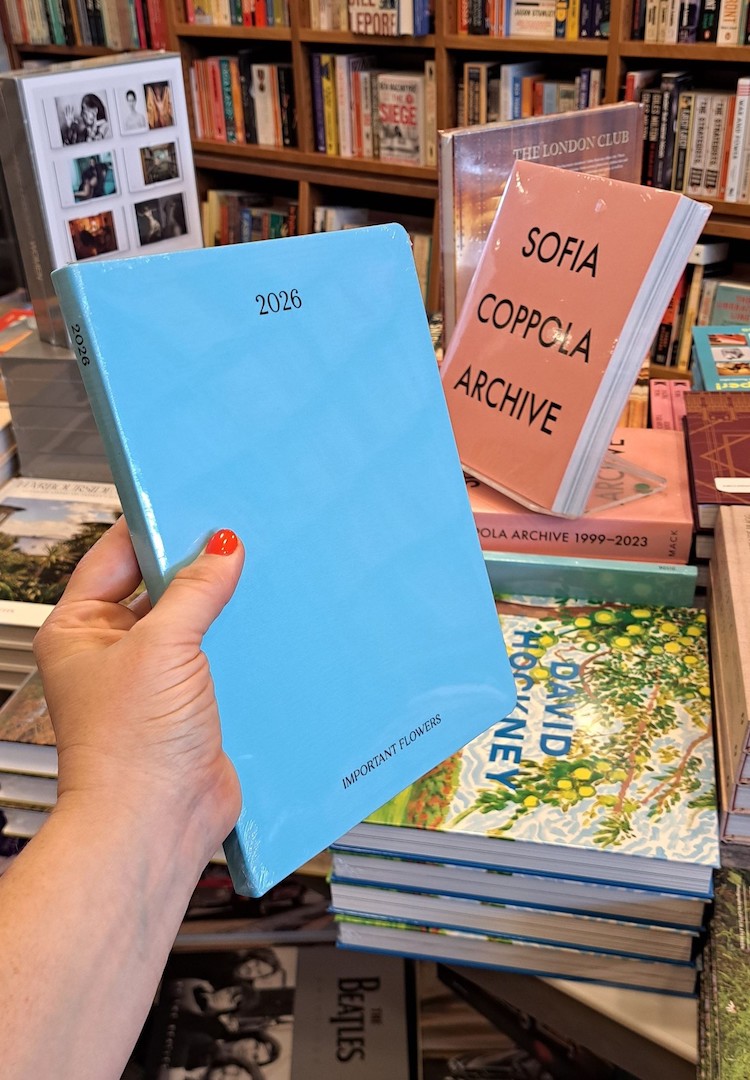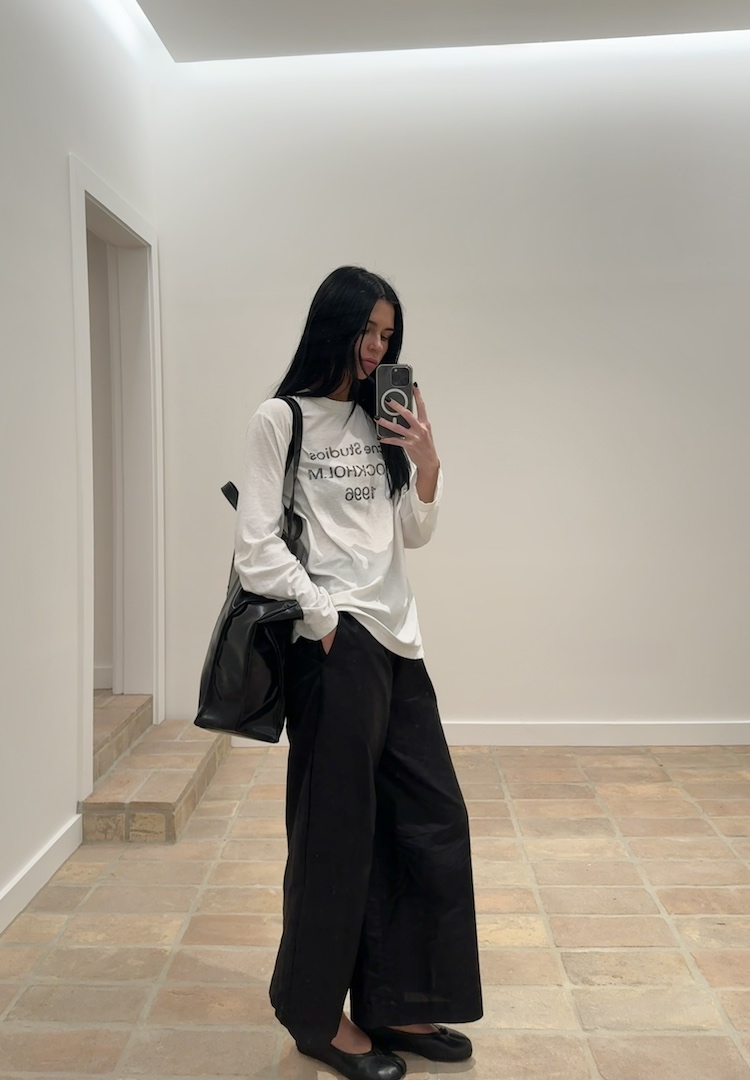“You live a hundred lives as a journalist”: How I Got Here with Achol Arok
IMAGE VIA @acholarok/instagram
AS TOLD TO DAISY HENRY
“Long gone are the days when journalists could get away with only having one skill set.”
Have you ever stalked someone on LinkedIn and wondered how on earth they managed to land that wildly impressive job? While the internet and social media might have us believe that our ideal job is a mere pipe dream, the individuals who have these jobs were, believe it or not, in the same position once, fantasising over someone else’s seemingly unattainable job.
But behind the awe-inspiring titles and the fancy work events lies a heck of a lot of hard work. So what lessons have been learnt and what skills have proved invaluable in getting them from daydreaming about success to actually being at the top of their industry?
Looking for a new 9 to 5? Head to our Careers page for new listings daily.
Welcome to How I Got Here, where we talk to women who are killing it in their respective fields about how they landed their awe-inspiring jobs, exploring the peaks and pits, the failures and the wins, and most importantly the knowledge, advice and practical tips they’ve gleaned along the way. This week, we hear from The Daily Aus (TDA) journalist Achol Arok.
Achol applied for a cadetship with SBS three times before being accepted. At the time, she says it was hard not to take it as some kind of sign that she wouldn’t ever work in journalism. But looking back, Achol says she’s grateful for the experience. A notoriously competitive industry, learning to accept rejection is crucial.
Following her year with SBS, Achol decided to move to TDA, a social-first news platform. “I noticed the industry making a concerted shift towards social media. I wanted to get ahead of the curve,” she says.
For Achol, her work day starts long before she steps into the office. Usually, it involves catching up on any news that might’ve made headlines overnight or tuning into the radio to make sure she hasn’t missed any local news. By the time she gets to work, she’s armed with a range of ideas for TDA’s pitch meeting at 9am. “I become an expert in a new topic every single day,” she explains. “One day, I’m roleplaying as an economist explaining the international impacts of Trump’s tariffs and the next, I’m knee-deep in the history of Serbia’s latest anti-government movement.”
View this post on Instagram
Fashion Journal: Hi Achol! Tell us a little about who you are and what you do.
Achol: On paper, I’m a multimedia journalist at The Daily Aus (TDA). That means I produce news content across social media platforms, including written posts, vertical videos, reels and podcasts.
Take us back to when you were first starting out. How did you get your start?
I actually didn’t know journalism was something I wanted to do until it was time to pick a degree at the end of high school. My parents preferred I pursue medicine but I don’t know how well that would’ve worked out considering I have an aversion to needles and blood. I was always better at English at school and had a love for reading and writing, so I thought journalism would be better suited to my interests and strengths. I completed a Bachelor of Media and Communications, majoring in Journalism at La Trobe University.
During my final year of uni, I landed an internship with ABC’s News Breakfast. Simply by sticking around long enough and being annoyingly persistent, I landed a job as a production assistant in the ABC News Melbourne newsroom. I did all the jobs nobody wanted to do with a massive smile on my face. That was where I got the opportunity to do some of my first reports and saw stories go out with my name on them.
I eventually successfully applied for an SBS Cadetship Program, a year-long training program that allowed me to gain experience across all journalism mediums, including radio, television and digital. After a year and a bit there, I noticed the industry making a concerted shift towards social media. I wanted to get ahead of the curve and that’s when I decided to move to TDA, Australia’s fastest-growing social media news service. That’s where I’ve been since.
View this post on Instagram
Can you walk us through a typical day in your life as a journalist with The Daily Aus?
Work almost always starts before I even enter the office. I know it’s probably terrible for my brain but as soon as I wake up, I’m on my phone. Most mornings, it’s catching up on all the news I’ve missed overnight. With the time difference, that usually means a lot has happened overseas. Once I’ve read some of the top headlines, I start getting ready with the company of the radio to stay across domestic Australian news. This is all in preparation for a 9am pitch meeting with the team.
It’s hard to describe a typical day because no two days are ever the same in a newsroom. I could be assigned a written post, a video or a podcast episode. Whatever the task is, it involves lots of research, reading, writing, presenting, or filming. I live and breathe it.
What hurdles have you faced getting to where you are now?
Journalism is a very competitive industry. Every year, hundreds of impressive journalism students from across the country graduate and apply for the same jobs. Learning to accept rejection is probably the biggest piece of advice I wish I’d practised much earlier. I applied for a journalism cadetship three separate times and got rejected twice! At the time, it was absolutely devastating. I thought it was a sign I’d never have a career in journalism and took these rejections quite personally. I thought it represented some deeper failure but that couldn’t have been further from the truth.
I’d say I’ve aged and matured a bit from that shy 21-year-old who had to read those rejection emails. So, maybe it’s an age thing but as I spend more time in the industry, I’ve come to realise that experiences and opportunities truly meant for me won’t miss me.
View this post on Instagram
What do you want people to know about the industry?
We hear a lot about news fatigue among audiences but it can also be a common experience among journalists who are producing news content. As journalists, you’re often reading and reporting some of the most heartbreaking stories daily – stories of death, devastation and loss. It’s something that can leave many of us burnt out way too early in our careers.
I regularly have to remind myself to prioritise self-care and ensure regular self-check-ins to make sure the content I’m consuming as part of my job isn’t leaving any underlying sore spots. Getting to report on lighter, good news stories are days I don’t take for granted.
What’s the best part about working as a journalist?
I know people say, ‘you learn something new every day’ as a joke but in journalism, it’s the truth. I become an expert in a new topic every single day. One day, I’m roleplaying as an economist explaining the international impacts of Trump’s tariffs and the next, I’m knee-deep in the history of Serbia’s latest anti-government movement. You live a hundred lives as a journalist – I love the variety.
View this post on Instagram
What would surprise people about your role?
While I may leave the office, I’m never entirely clocked off. I understand the importance of work/life balance and setting workplace boundaries, but the news is one of those things that can happen anywhere, anytime. My phone is constantly buzzing with new alerts from around the world and while I may not be expected to jump on my laptop to write a story, I’m already thinking about how it can be covered on Monday morning.
In conversations with friends and family on the weekend, someone might ask me something and my brain is popping off with ideas: ‘Oh, that would make a great video explainer,’ ‘That’s a great question I could ask the Environment Minister,’ or ‘That would be a great investigative piece.’
What skills have served you well in your career so far?
Communication. While it’s quite literally in the title of my degree, it goes beyond being able to rewrite a media release. It’s the ability to foster human connection – being able to understand people from all backgrounds and walks of life is one of the key factors in getting the best version of the story you want to tell.
View this post on Instagram
What advice would you give to someone who wants to be in a role like yours one day?
Being persistent is a trait I’d say every journalist should possess. The persistence to chase is so important – whether that’s chasing a job, chasing an interview, or chasing a lead, you’ll spend a lot of time chasing. With the number of times you’ll undoubtedly hear ‘no,’ you’ve got to have the persistence and proactiveness to take that ‘no’ as a ‘not right now.’
What about a practical tip?
Long gone are the days when journalists could get away with only having one skill set. Journalists nowadays are expected to know how to write, present, shoot and edit. Equipping yourself with the skills to take ideas from a literal thought to a tangible product is so important. I strongly recommend any new journalist take the time to learn how to do everything – it’s the best way to make yourself indispensable.
Find more from Achol at The Daily Aus here.


